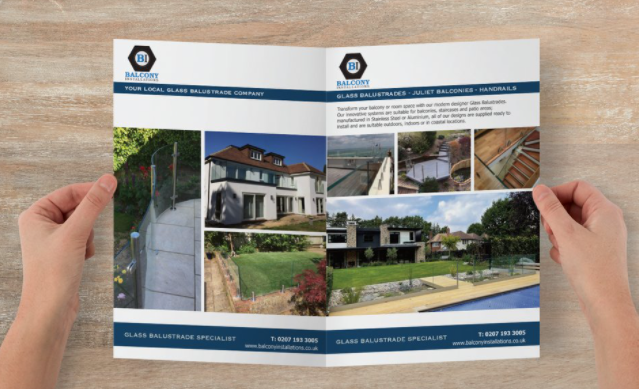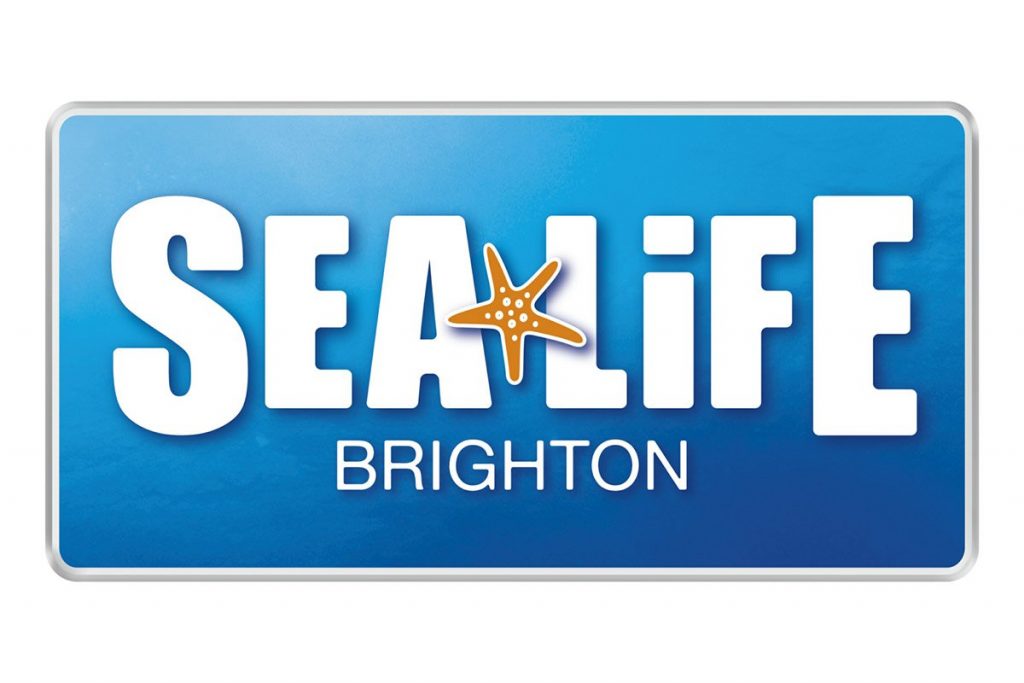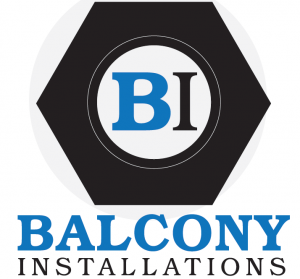Using zinc bolts with stainless steel outdoor will lead to a galvanic corrosion. This occurs when two dissimilar metals are in contact with each other in the presence of an electrolyte, such as moisture or saltwater. In this situation, the more reactive metal (zinc in this case) will corrode more quickly, while the less reactive metal (stainless steel) will remain relatively unaffected.
As a result, if you use zinc bolts with stainless steel outdoors, the zinc bolts will corrode more quickly than expected, compromising the integrity of the joint or connection. To avoid this, it is recommended to use stainless steel bolts instead of zinc bolts when fastening stainless steel components.
Please inspect what types of fixings your installers will be using.
A corroded fixing can be dangerous and compromise the structural integrity of the object or structure it is securing. Corrosion can weaken the metal, reducing its load-bearing capacity and making it more prone to failure or collapse.
Corroded fixings can be a serious safety hazard, as they can cause structural failures, collapse of buildings or bridges, and other accidents. For example, corroded bolts or anchors holding up a balcony or staircase railing may break under normal loads, causing the railing to give way and leading to falls and injuries.
It is important to regularly inspect and maintain fixings in any structure or object to ensure they are secure and free from corrosion. If corrosion is found, the corroded fixings should be replaced immediately by a qualified professional to prevent potential accidents or structural failures.




